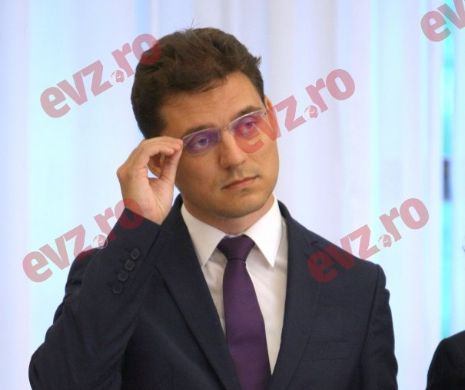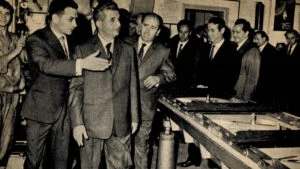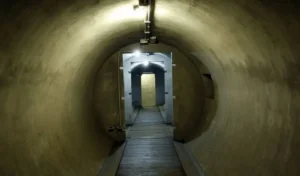Tensions in the European Parliament after the vote on the 2025 EU budget. Strasbourg Correspondence
- Ilinca Ioniță
- 24 octombrie 2024, 05:55

Today's vote in the European Parliament on the European Union's 2025 budget highlighted both political challenges and internal tensions in the pro-European coalition. PSD MEP Victor Negrescu, the Parliament's general rapporteur on the budget, expressed grave concerns about the Council's position and the direction in which negotiations on the financing of key EU programs are heading. Exclusive from Strasbourg, about money and politics.
The European Union's budget for 2025 comes in the context of the recent revision of the 2021-2027 Multiannual Financial Framework (MFF), which sets the EU bloc's long-term financial limits and priorities. In this situation, the European Parliament has urged a return to the initial funding level of about €200 billion set forth by the European Commission for 2025. But the Council came up with proposals for budget cuts that Negrescu said amounted to an austerity budget.
Victor Negrescu's criticism
"With these cuts, the Council risks limiting the Union's capacity to respond to citizens' needs and to face current challenges, such as natural disasters or support for young people," Negrescu said.
The Parliament stressed the need to invest in critical areas. These include the area of health, with a request for an additional €50 million to fight cancer, prevent cardiovascular disease, and enhance mental health, all of which are priorities for both Parliament and the Council. Negrescu stressed the importance of protecting agriculture and supporting young farmers, as well as investing in transport infrastructure through the Connecting Europe Facility. Particular attention was paid to the funds for border protection and migration, where Parliament asked for significant increases: €25 million for the Asylum, Migration, and Integration Fund, €35 million for border management, and €5 million for internal security.
Political tensions were present in the vote in addition to budgetary issues. Negrescu highlighted the rift within the pro-European coalition. "The tensions that have increased between the political groups caused by the growing closeness between the European People's Group and the European extremists have unfortunately once again prevented us from having a joint resolution of the European Parliament," the MEP said. "I can only focus on figures."
Optimistic, looking for a compromise
Negrescu said that as rapporteur he was in a "comfortable position" to negotiate without constraints on the budget. "Now I can focus exclusively on the figures and on defending the European Parliament's position," he added. Budget negotiations will continue in the coming weeks, with the next round of conciliation scheduled for 5 November. Despite the political tensions, Negrescu said he was optimistic that a compromise could be found that would meet the EU's investment needs.
"We want an ambitious but prudent budget that allows for strategic investments, not just expenses. These are not just costs, but essential investments for Europe's future," he concluded.
With the European Union facing major economic, climate, and geopolitical challenges, the stakes in these budget negotiations are high. The ability of the European institutions to reach an agreement that reflects citizens' priorities will determine the direction of the Union's development in the years to come.








